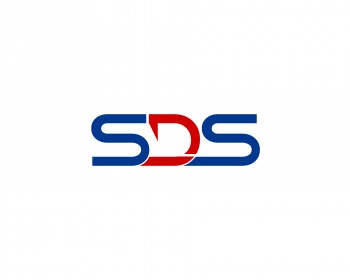Name: Socialist Unity Party of Zubrowka
Motto: "Proletarians of all countries, unite!"
Color: Blood Red
Leader: Jobst Trunicht
Ideology: Marxism–Leninism, pro-Soviet Bloc, anti-NATO, Secular, Ethnic Pluralism.
Background: Formed in collapse of the Austro-Hungarian Empire, the Socialist Unity Party adopted a pro-Moscow orientation very early on. It's history of resistance to the National Zubrowkan People's Party and Hitlerite Fascism gained the Party credibility among the masses; from 1934 to 1945 the Party was banned by the Fascist authorities and current Chairman Jobst Trunicht's father, Sigismund Trunicht, found himself a victim of a police raid. The teenaged Jobst managed to smuggle himself out of the country with a loyal cadre of followers to Moscow where he received the best education the NKVD could provide.
Jobst's return to Zubrowka at the head of a Soviet armored division was supposed to have heralded the beginning of his personal rule over his homeland, as a representative of Stalin but the fates intervened and democracy took root in Zubrowka. Forced to adapt, Jobst used the wartime record of the his faction of the Communist movement in Zubrokwa to merge lesser movements into his own, forming the Socialist Unity Party in 1949. In 1973, Jobst is now middle-aged and bitter about having been denied the opportunity to to manage his very own one-party state. His public facade is that of an academic and labor organizer but privately he detests the "unwashed, immoral loons" who are flocking to the movements of the Left in the recent decade.
The Party goals remain the same, just "dressed up" for 1970s modernity; namely, the establishment of "sober, technocratic government" and a friendly line towards the Union of Soviet Socialist Republics.














